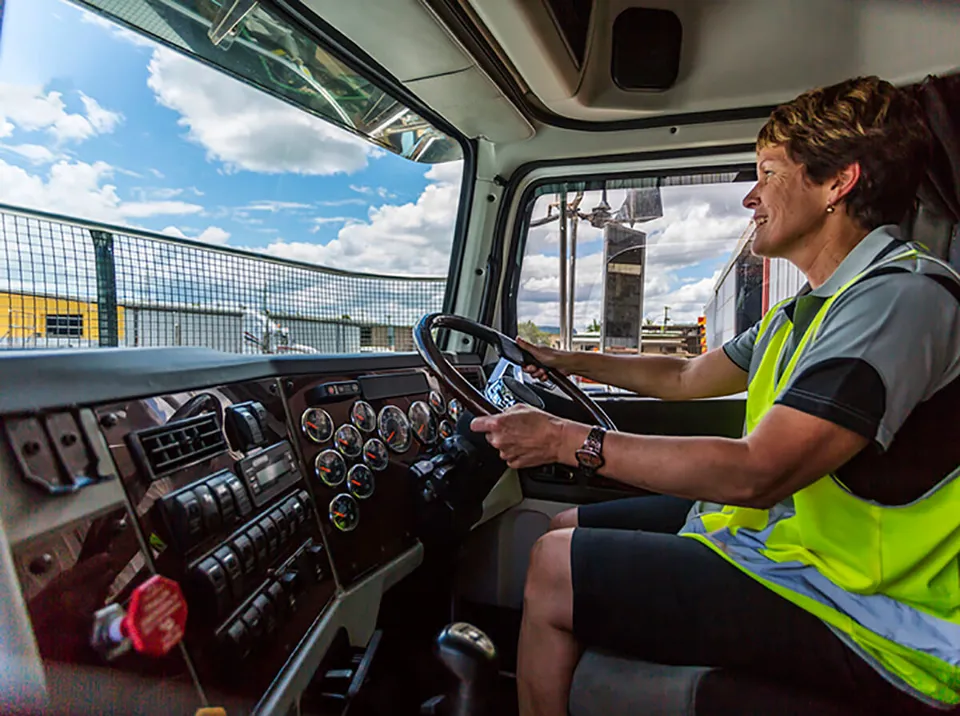The heavy goods vehicle (HGV) levy is reintroduced from today (Tuesday, August 1) after a three-year pandemic pause.
The levy, which applies to HGVs of 12,000kg or more, is based on: vehicle weight, as a broad approximation to CO2 emissions; vehicle air quality emissions standard; and levy duration.
Payments for the levy are collected by the DVLA. UK registered vehicles pay levy costs at the same time and in the same transaction as vehicle excise duty (VED).
Non-UK HGVs must pay the levy before they enter the UK.
However, environmental NGOs are calling for greater ambition for the freight sector.
The Green Alliance, Transport and Environment, Transport Action Network and Possible are together calling for the Government to go further in embedding the polluter pays principle into UK freight operations.
They suggest a shift from the current day-based levy to distance-based charging, with a major discount, or initial exemption, for zero emission lorries.
By contrast, the reintroduced levy will charge a new electric lorry the same amount as a new diesel one.
Johann Beckford, policy adviser at Green Alliance, said: “It is important that the freight sector isn’t given a free ride to pollute. The reintroduction of the HGV levy is therefore a positive step.
“However, Europe is miles ahead at embedding the polluter pays principle into the road freight sector.
“There is a clear move toward tolling based on distance travelled and how polluting each vehicle is.
“These charges are far higher than the UK’s HGV levy and therefore provide a far greater incentive to plan journeys effectively and can help make battery electric trucks cost competitive.”
Any reform, the groups argue, should consider cost of living pressures by phasing in charges and help hauliers go greener by recycling money raised into financial incentives for clean trucks plus new driver facilities and recharging sites.























Login to comment
Comments
No comments have been made yet.